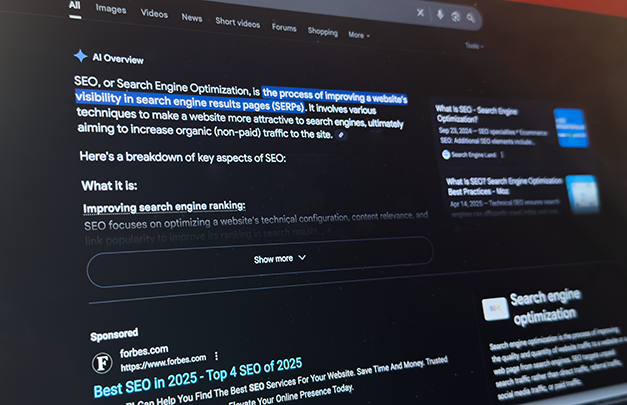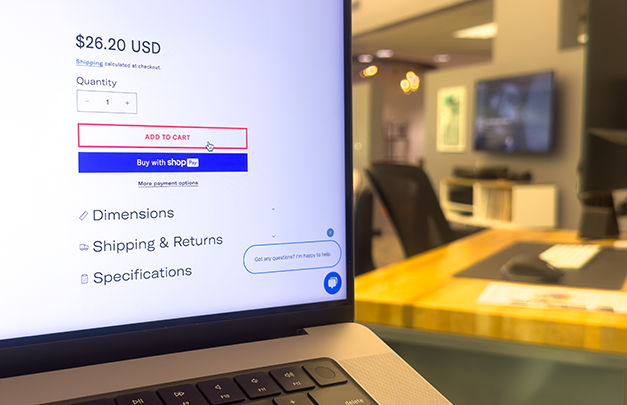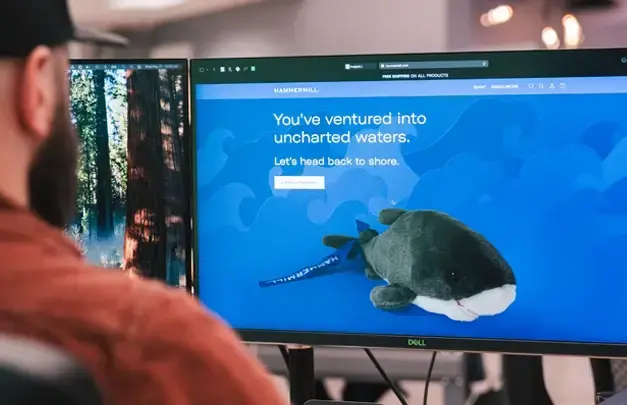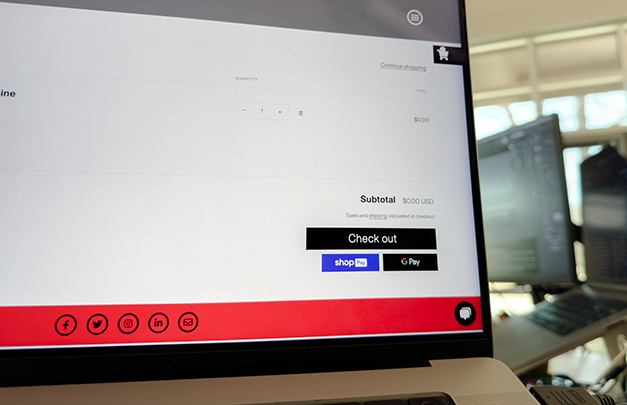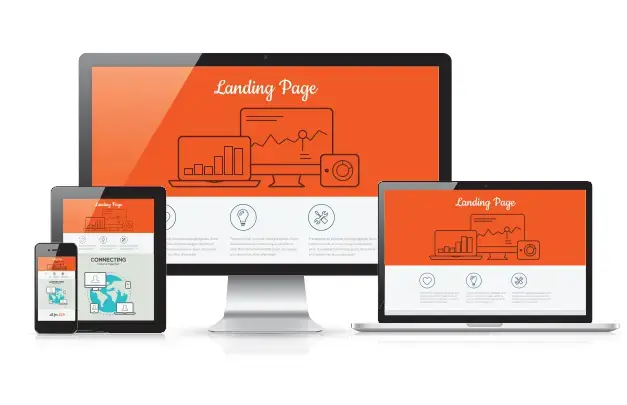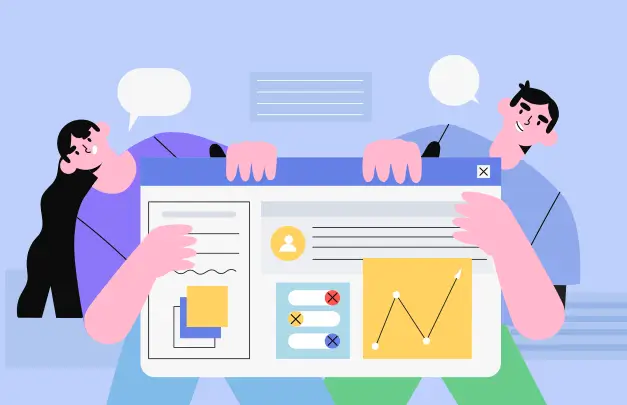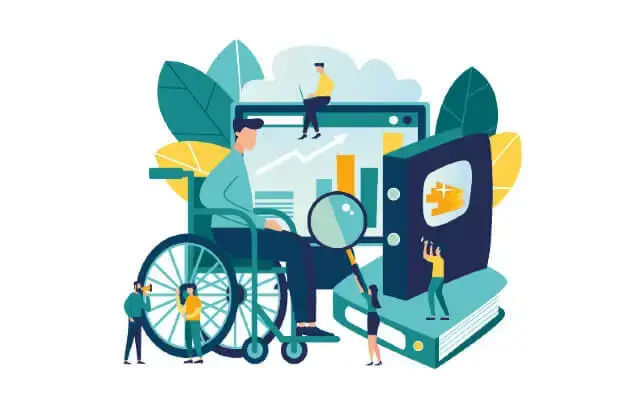As artificial intelligence (AI) has seen rapid development and growth over the past two years, AI te...
BLOG
Insights
New research indicates that e-commerce sales will reach $6.8 trillion by 2028. Regardless of whether...
A recent study by marketing automation platform Omnisend found that, compared to other types of sign...
Regardless of whether you’re an e-commerce start-up, a large business looking to overhaul their curr...
If your company has a website with a contact form, then you’ve likely received some version of the f...
As marketers, it’s our goal to create helpful, informative, and engaging content that delights reade...
